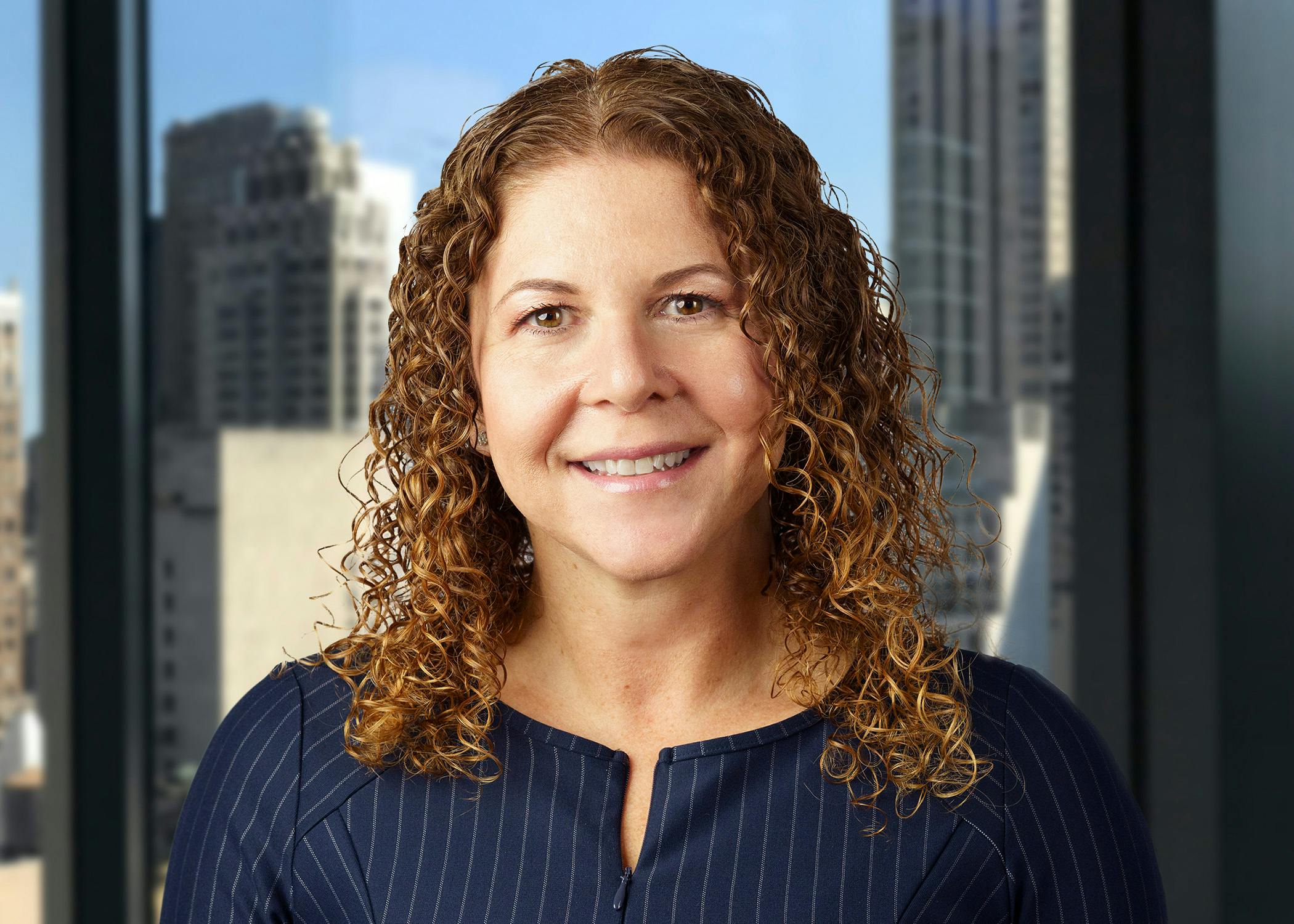On October 18, 2024, the New York State Department of Health (NYSDOH) issued guidance to general hospitals concerning several new laws that went into effect on October 20, 2024, in the form of a “Dear Hospital Chief Executive Officer” letter, designated “DAL CPSO 2024-01.”
At this time, it appears that the guidance has been sent only to general hospitals. The guidance not only outlines the limitations on what hospitals in New York can charge eligible patients for emergency and medically necessary services, but also provides information on new laws enacted as part of the NYS 2024-2025 State Budget that apply to all healthcare providers.
Guidance applicable to all healthcare providers
Separating consent to treat and consent to pay (Public Health Law § 18-c)
With respect to separating consent to treatment and consent to payment, the NYSDOH stated that it is considering questions from a variety of stakeholders about “the meaning of this provision.” The NYSDOH stated that the statute’s implementation is “on hold until further guidance is released” after providers across the industry expressed concern that requiring the patient’s consent to pay for healthcare services after treatment is unworkable and potentially in conflict with state and federal laws requiring fees to be disclosed to the patient prior to treatment.
Medical financial product applications
The NYSDOH guidance clarified that “medical financial products” includes medical credit cards and third-party installment loans specifically for healthcare expenses. In accordance with the NYSDOH guidance, “Providers may answer patient’s questions and provide assistance if requested, so long as the application is completed wholly by the patient.”
Credit card pre-authorization and risk notification
The guidance indicates that hospitals and other healthcare providers may ask patients to voluntarily maintain a credit card on file. However, providers cannot require credit card pre-authorization or require that patients have a credit card on file as a condition to receive emergency or necessary medical services.
Further, the NYSDOH guidance states that each time a patient pays for services using a credit card, the patient must be informed of certain risks. Specifically, patients must be informed that:
- Medical bills paid by credit card are no longer considered medical debt.
- By paying with a credit card, patients are forgoing certain federal and state protections around medical debt.
Additionally, the NYSDOH guidance states that patients must “affirmatively acknowledge” that they are foregoing following protections:
- Prohibitions on wage garnishment and property liens.
- Prohibition against reporting medical debt to credit bureaus.
- Limitations on interest rates.
For providers who obtain payment through web-based interfaces, they will need to reconfigure such interfaces to (1) provide patients the required notice each time they pay for services by credit card and (2) capture the patients’ acknowledgment of the protections waived by using a credit card. This could be accomplished with a pop-up screen that displays the required notifications and requires the user to click a button acknowledging that they have read them before authorizing payment by credit card.
Guidance for general hospitals regarding financial assistance policies and debt collection procedures
Covered Services
The NYSDOH guidance states that patients cannot be denied admission or medically necessary treatment due to unpaid medical bills. This statement is based upon an amendment to Public Health law 2807-k(9-a)(h), which requires that a hospital’s financial assistance policies and collection procedures “prohibit the denial of admission or denial of treatment for services that are reasonably anticipated to be medically necessary because the patient has an unpaid medical bill.” The NYSDOH guidance, however, does not address or define what it means that services “are reasonably anticipated to be medically necessary.” Nor does the guidance address whether a hospital may refuse to provide non-emergency hospital services to a patient with an unpaid medical bill, who, for example, does not qualify for or has not applied for financial assistance.
Financial assistance notification and application
All general hospitals must inform patients about financial assistance options in writing, during both intake and discharge. Patients also may now apply for financial assistance at any time during the hospital collection process. General hospitals must also use a new standardized form called the New York Uniform Financial Assistance Application.
Eligibility for financial assistance and payment plans
The eligibility criteria for financial assistance have expanded significantly. Patients without insurance earning up to 400% of the Federal Poverty Level (FPL) can qualify for financial assistance, and certain “underinsured” patients earning up to 400% FPL are also eligible. An “underinsured individual” is an individual whose paid medical expenses have exceeded 10% of their income in the last 12 months.
All hospitals must also establish a “sliding scale” for financial assistance based on the patient’s income levels, offering more substantial discounts for those with lower incomes. Hospitals are encouraged to refer to the guidance and consult with counsel as needed regarding the sliding scale requirements.
Hospital Collections Procedures
Patients cannot be required to pay a hospital bill while their application for financial assistance is pending.
Hospitals are prohibited from initiating lawsuits to collect unpaid bills within 180 days from the first medical bill, regardless of a patient’s eligibility for financial assistance. In addition, hospitals are precluded from initiating lawsuits against patients with incomes under 400% FPL.
Prior to initiating legal action against a patient, the hospital’s Chief Financial Officer is now required to provide a signed attestation that the hospital has determined the patient’s income is above 400% FPL.
Lastly, hospitals may not sell any patient debt to a third party unless the hospital has determined that the purchaser intends to forgive all debt and does not intend to pursue any collections.




